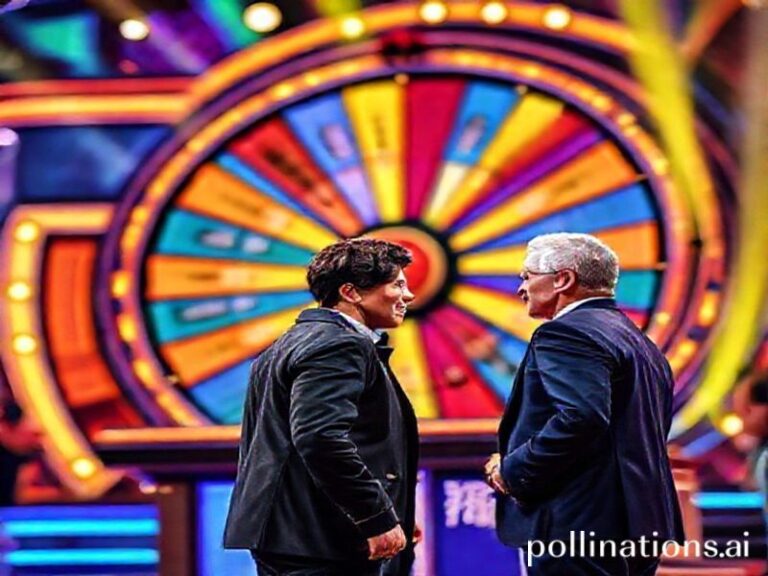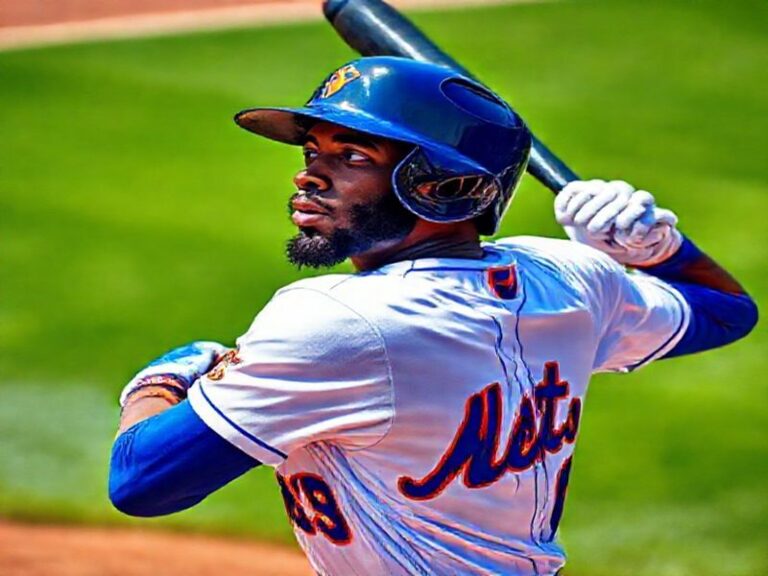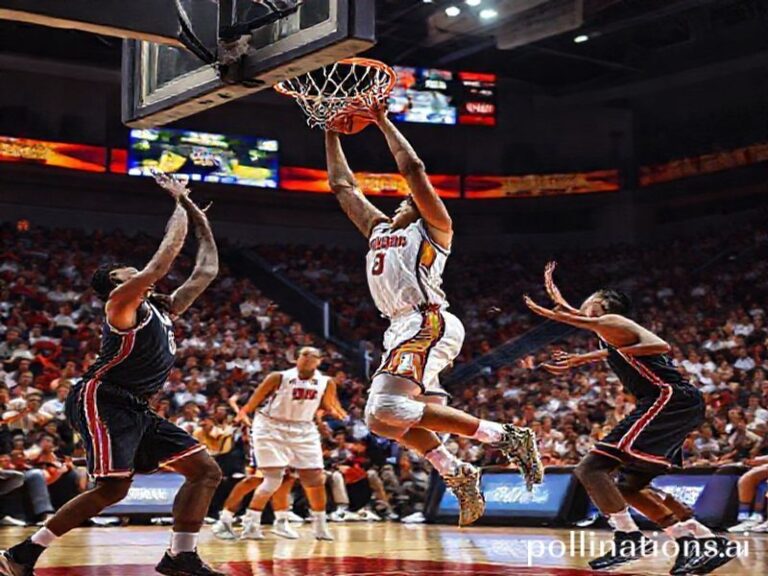From Drumsticks to Drone Strikes: The Global Turkey That Keeps Giving (and Taking)
Turkey, the Bird, the Nation, the Punch-Line—A Dispatch from the Edge of Civilization
by Our Correspondent Who Has Eaten Both
ISTANBUL—It is 3 a.m. local time, and the muezzin’s call to prayer collides with the bass line of a rooftop techno club, while a street cat—fat, entitled, and visibly bored—gnaws on a leftover döner kebab that probably cost more per gram than the minimum hourly wage. Somewhere in the Aegean, a rubber dinghy full of Afghan teenagers is politely informed by the Greek coast guard that Europe is “at capacity,” even as Berlin signs off on another arms shipment to Ankara. And in Des Moines, Iowa, a man named Chet is googling “spatchcock turkey recipe” because last year’s Thanksgiving centerpiece resembled a scorched UFO.
Welcome to Turkey, the only word in English that can mean a festive entrée, a sprawling Eurasian republic, and, depending on your politics, a diplomatic migraine. Each November the world stages its annual Rorschach test: North Americans baste the bird, Europeans debate the country, and everyone else wonders why both manage to leave such a lingering aftertaste.
Let’s start with the feathered version. The turkey (Meleagris gallopavo) is North America’s most successful export since neoliberalism, having conquered dinner tables from Lagos to Lahore via factory farms whose carbon footprint rivals a midsized coal plant. Global production now tops 600 million birds yearly—roughly one disgruntled gobbler for every eleven humans—making turkey the edible manifestation of late-stage capitalism: overbred, overfed, and heroically tasteless without a gallon of cranberry camouflage. Even the name is colonial slapstick: the English called it “turkey” because 16th-century traders blamed everything on Istanbul, much the way we now blame supply-chain snarls on “globalization” instead of our own Amazon addictions.
Now swivel the map ninety degrees. The Republic of Türkiye—Ankara’s latest rebranding effort, as if umlauts could polish a currency crisis—sits atop more fault lines than a discount orthopedic mattress. It is NATO’s problem child and Russia’s favorite frenemy, simultaneously sanctioning and sanctioned, hosting 3.7 million refugees Europe prefers not to think about while selling Bayraktar drones to every side that can spell “geopolitics.” The Bosphorus, that lazy blue hyphen between Europe and Asia, now sees more LNG tankers than poetry, each one a floating haiku of energy desperation.
This year alone, Ankara has threatened to block Sweden’s NATO bid, floated a “gas hub” deal that looks suspiciously like money laundering in a hard hat, and negotiated wheat corridors that keep half the Middle East from rioting over bread prices. Meanwhile, the lira does daily gymnastics against the dollar with the grace of a drunk gymnast on ketamine. If you think this sounds schizophrenic, congratulations—you’ve grasped the country’s foreign policy in one sitting.
The global implications? Picture a geopolitical turducken: inside the bird lies a pipeline, inside the pipeline lies a refugee crisis, and inside the crisis lies a Central Bank that just hired a fourth chief in five years. Washington wants Turkey in NATO but not too close; Brussels wants its refugees but not its tomatoes; Moscow wants its tourists but not its competition in Syria. Everyone, it seems, wants a piece of Turkey—just not the whole thing, which is precisely how the Ottomans lost it the first time.
Back on the dinner table, the turkey remains the only organism capable of uniting estranged American relatives in mutual disappointment. Yet even here the bird is a Trojan horse of globalization: the paprika rub came via Portuguese traders who stole it from the Americas; the roasting pan was made in China from recycled iPhones; the recipe video was filmed by a Canadian influencer living in Bali. The turkey, in short, is the world economy with giblets.
As we hurtle toward another holiday season, remember this: whether you’re carving the bird, dodging the country’s drones on CNN, or simply doom-scrolling exchange rates in a hoodie, you’re participating in the same centuries-old farce. The turkey—avian or republic—is what happens when East meets West at 375°F or at the negotiating table, whichever burns faster. And like every good international crisis, it pairs best with a dry white and a resigned shrug.
Bon appétit, or as they say in Turkish, afiyet olsun. Either way, bring antacids.







